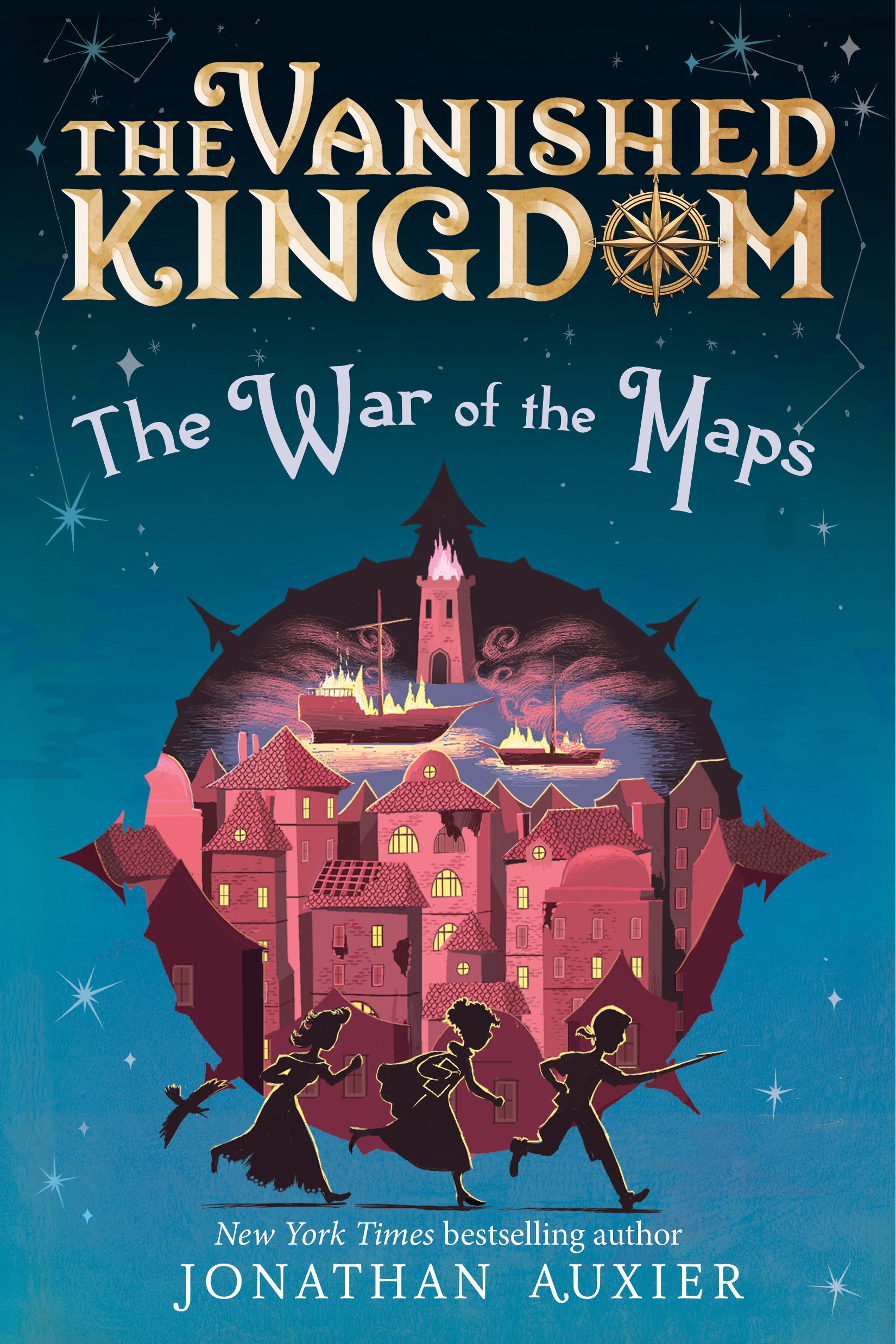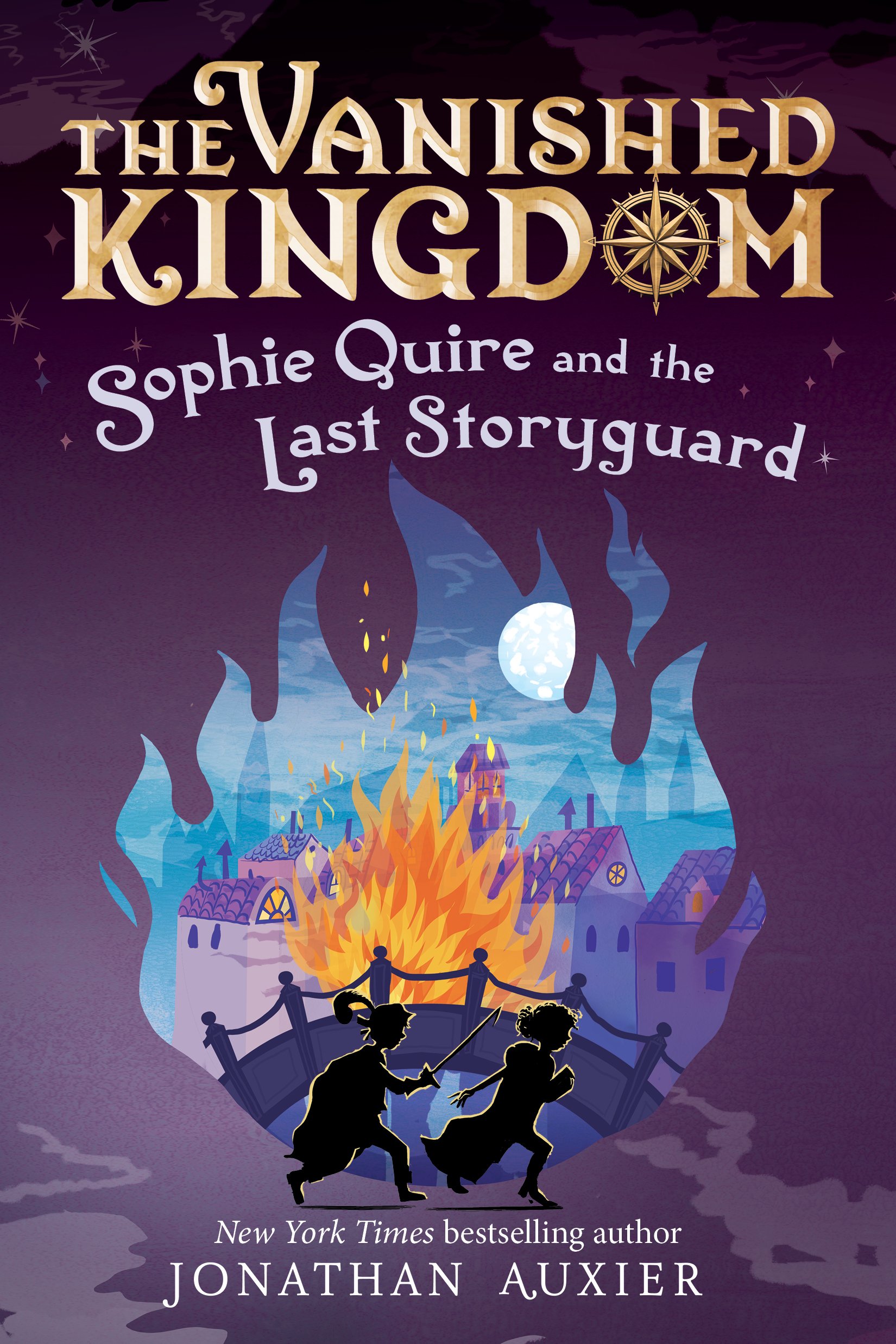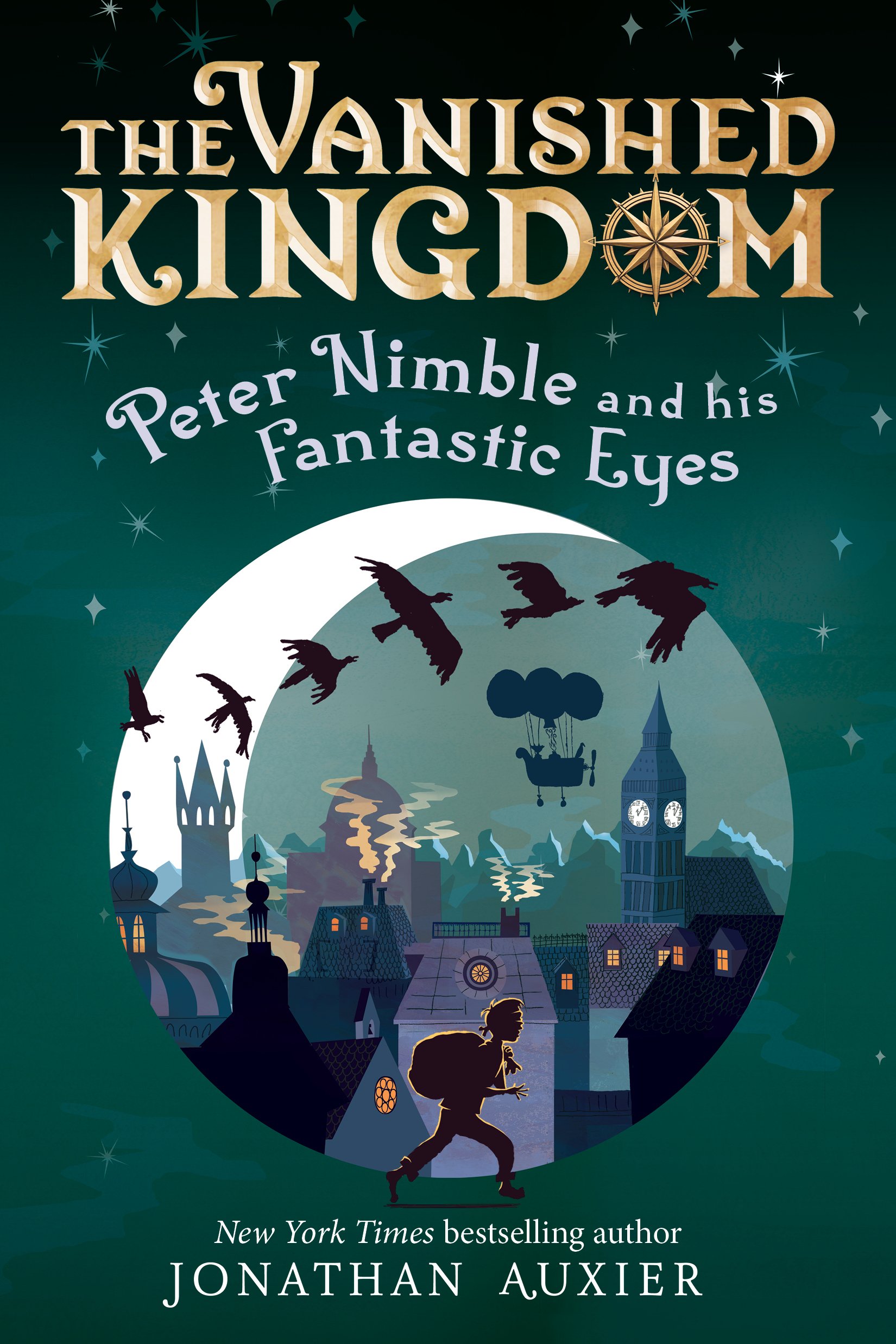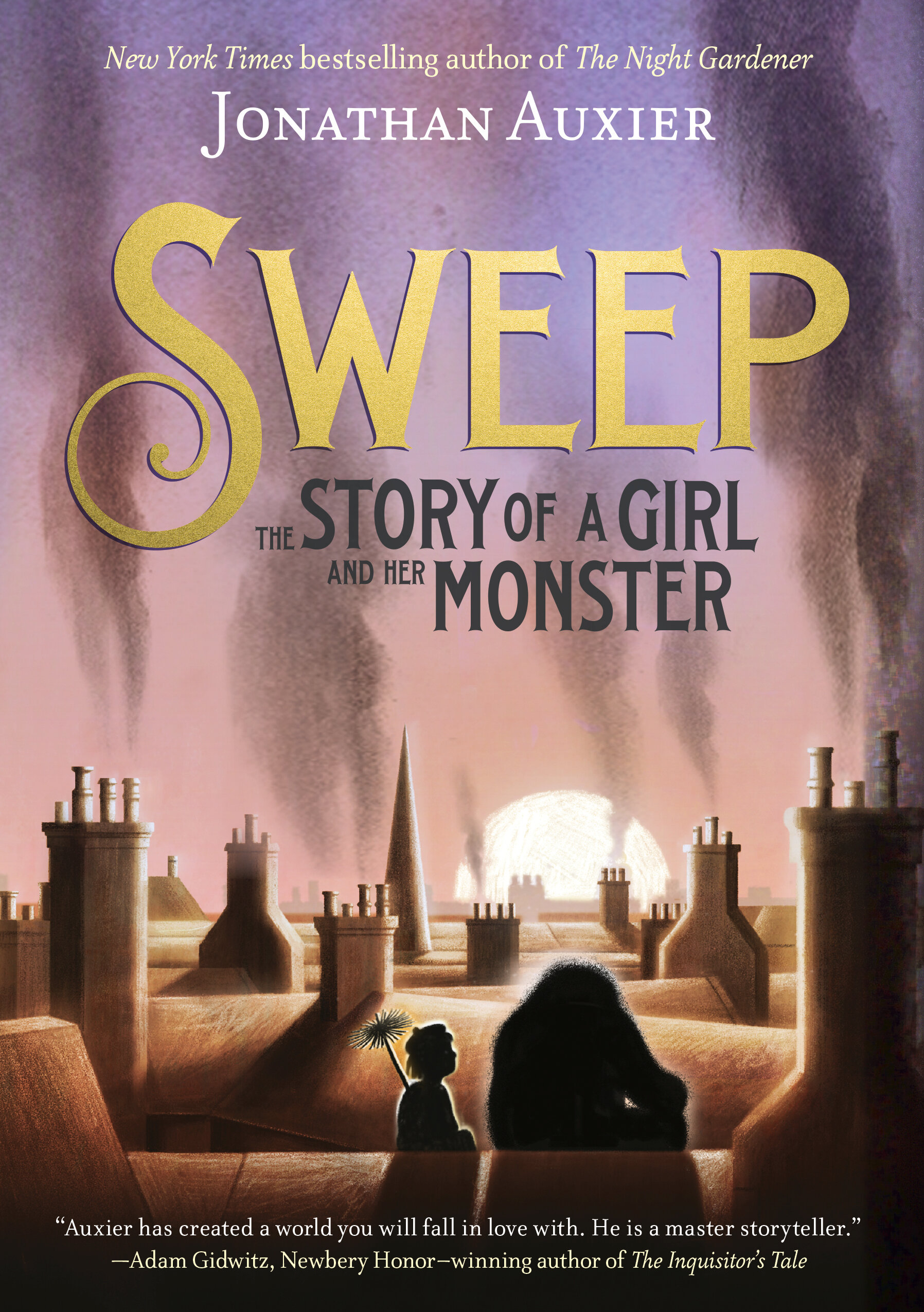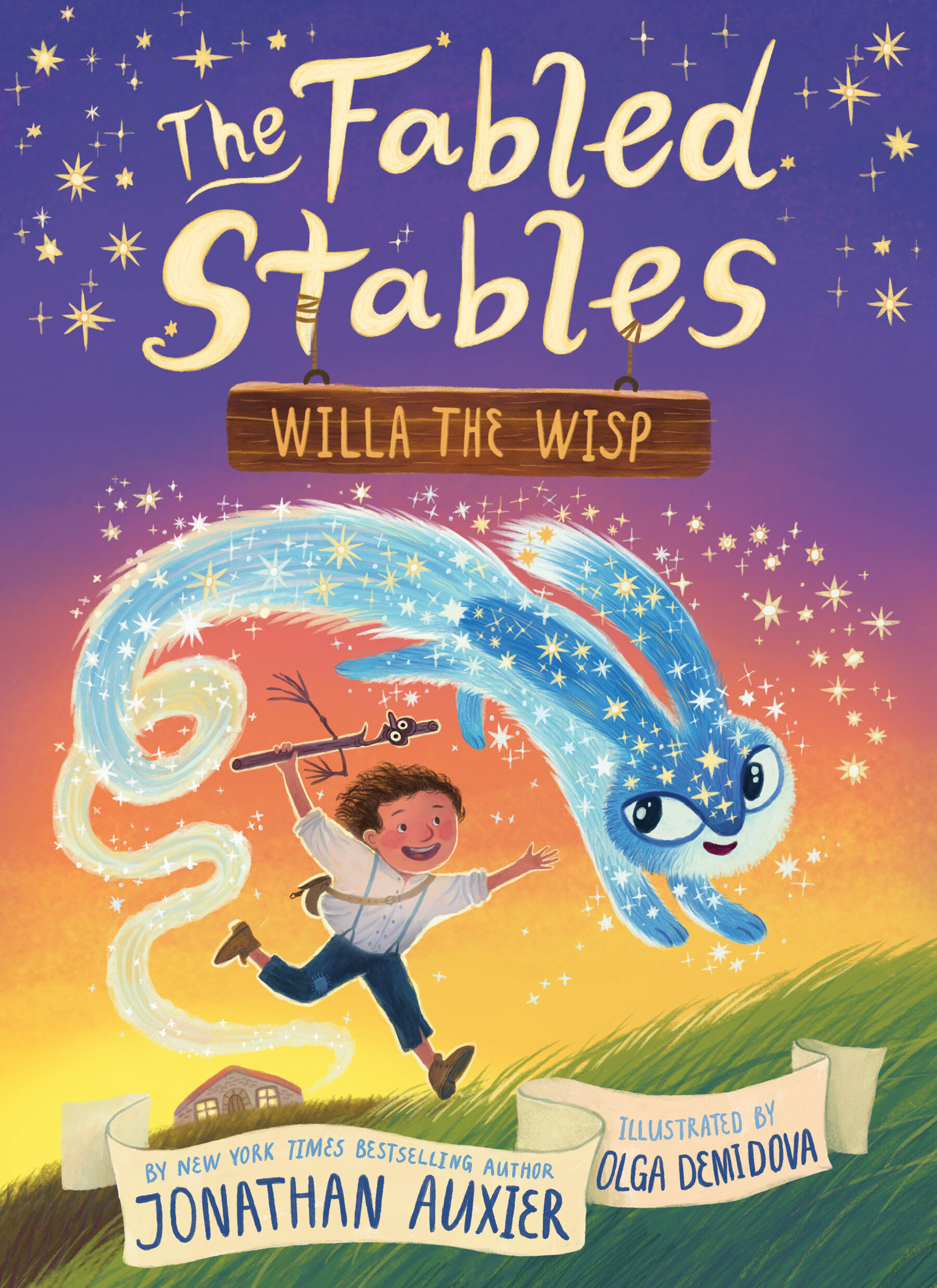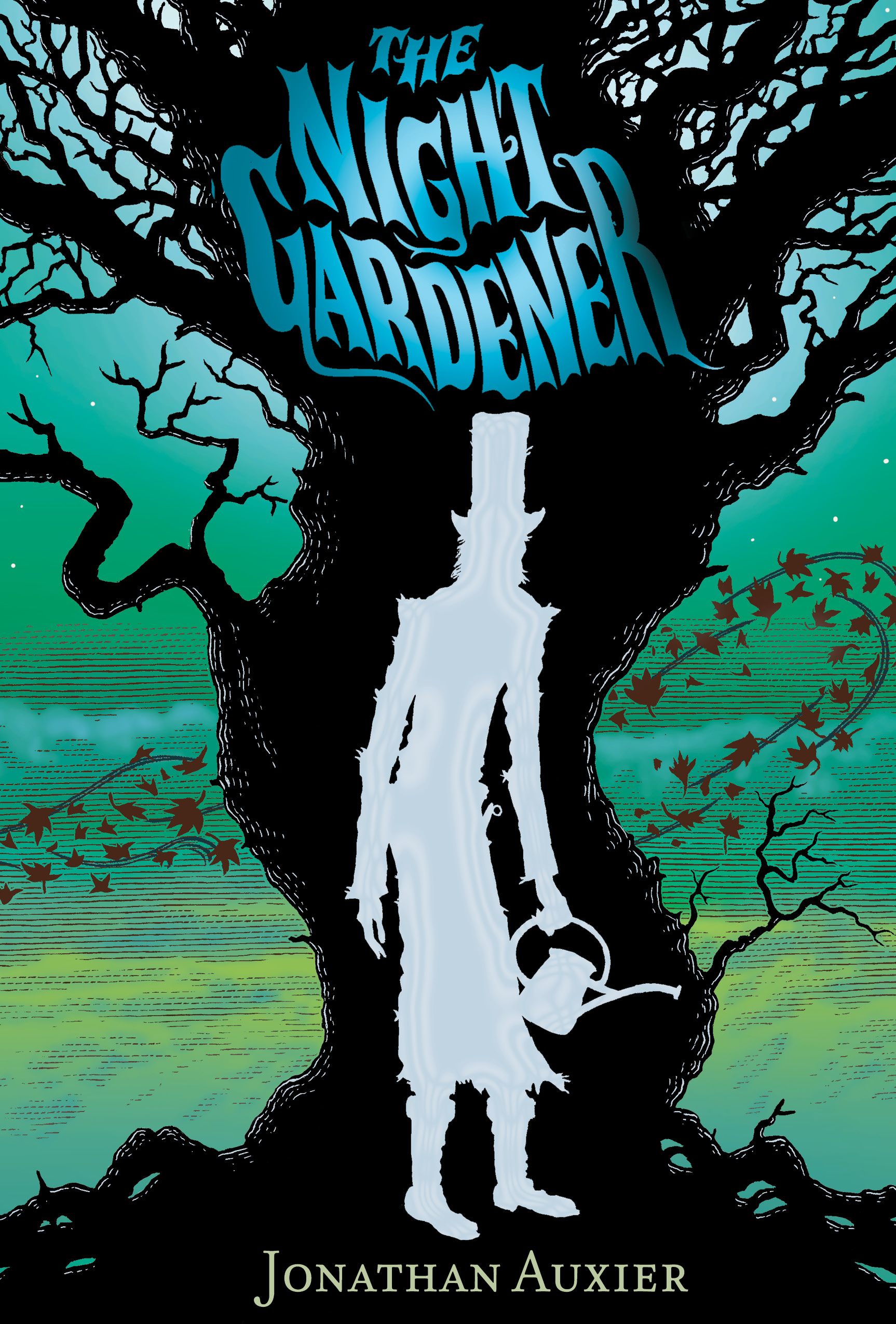HUCKLEBERRY FINN and Literary Alteration
/What is it about the New South edition of The Adventures of Huckleberry Finn that has so captured the public’s ire? Great works of literature are being altered and transformed everyday -- and yet something about this alteration feels different.
I am not interested in commenting directly on the Huck Finn debacle[1. 1. Editor Alan Gribben reacts to the issue in the School Library Journal here]. What I am interested in is the impulse fueling this controversy -- the idea that the work of an author should not be altered to fit the needs or desires of a certain audience.
What does it mean to alter an author’s work? What are the ways that can be done? I’ve been chewing on those questions for the last couple of weeks, and I thought I’d try to work some ideas out on this blog.
So far as I can tell, there seem to be six basic forms of literary alteration. Each of them carries different implications -- some good, some bad, some neutral. In the spirit of fairness, I’m going to try talking about each type in terms both positive and negative. Here goes:
1) ABRIDGMENT – this may well be the most socially-accepted form of alteration in our culture. Books are abridged all the time to make them more accessible or simply shorter. Abridgment is usually most appreciated in long works like Don Quixote. (Take it from the guy who read all 400,000 words: that book could use some trimming.) On the other hand, what could be more mercenary than to alter a text for fear of boredom?[2. 2. or, even worse, as a way to cut printing costs] In a world of shrinking attention spans, is abridgment a necessity, or is it just an example of lowest-common-denominator thinking?
2) APPROPRIATION – appropriation involves taking passages from a previously existing work and re-fashioning them into something new. This form of alteration has been well-covered in the world of pop music (mash-ups, sampling, remixes), but it also happens in books. Literary appropriation usually works best when it functions as homage or satire. The less-appealing version of appropriation might be what I would call “parasite” books -- in which authors try to make their own terrible books more palatable by associating them with canonical classics.
3) EXPURGATION - There’s no shortage of stories about books that have been Bowdlerized for the sake of young readers. Famous among them are PL Travers’ late alterations to Mary Poppins, and Roald Dahl’s 1973 revision of Charlie and the Chocolate Factory. The above examples were changes made at the behest of the authors (or at least with their permission). There are also much more pernicious examples of expurgation performed without the author’s consent -- as it was with Ray Bradbury's Fahrenheit 451. It’s pretty clear that altering a living author’s words against their will is condemnable, but what about after they are dead? Is there any way to know whether a dead author would or wouldn’t want to expunge offensive passages from his or her own work?[3. 3. for more on this subject, check out Phil Nel's wonderful post here]
4) ADAPTATION – Like abridgment, adaptation seems to pass in our culture without moral judgment. Instead, people restrain their remarks to whether “the book was better.” I’m not sure why this is the case, as many times adaptations do not just dramatize or condense -- they also make fundamental changes to the meaning of a story. Remember how “The Little Mermaid” is supposed to end? To tie this to the current debate: why was it less offensive to hear Elijah Wood clean up Huck's language in the 1993 Disney movie? My suspicion is that adaptation gets a free pass because of expectations: people assume there will be changes in an adaptation, and thus feel less outraged when they encounter them.
5) EXPANSION – This type of alteration is different from the ones previous because it does not deal with cutting away parts of the original text. Instead it is a matter of adding story on either end. I would argue that giving Anne Shirley a posthumous prequel or detailing the origins of Neverland changes the original work just as much as any other form of alteration. If a character is the sum of their actions, then adding actions changes the character. This isn’t just a question of modern-day writers revising the canon. Living authors are just as likely to change their own works by adding further installments -- sometimes to the detriment of the original. Don’t believe me? I present to you EXHIBIT A.
6) TRANSLATION – this last form of alteration has an added hurdle: many people don’t speak two languages, which means they have no ability to judge the fidelity of a translation. I would add to this the question of whether being faithful-in-word is as important as being faithful-in-spirit. The King James edition of the bible is widely considered to be one of the least accurate translations out there, but it is also the most beautiful. Another justification for translation-alterations might have to do with cultural sensitivity. For example: my upcoming novel will be published in Indonesia, which wikipedia tells me is the most populous Muslim nation in the world. I do not think Peter Nimble contains anything offensive to Muslim readers, but if I am wrong, I sure hope that translators will catch it and make appropriate changes.
This list is by no means exhaustive. I’m sure there are more categories of alteration (and if you think of any, please let me know in the comments!). Still, it is my attempt to work through some of the issues circulating in the heated debate surrounding The Adventures of Huckelberry Finn.
So what did I learn?
Firstly, I think the reason this topic has divided so many different people is because there is a lack of clarity about which type of alteration is taking place. Certainly Alan Gribben is expurgating Twain's book, but is he also translating it? After all, the contested word has gained a lot more cultural baggage in the 100+ years since the book was written.
Another question seems to deal with whether this new edition will be presented as complete. When I was working through the six types of alteration above, I noticed that the most condemnable version of each act was tied to secrecy. If you alter a work without informing the reader, you are lying. It seems like much of the objection to the New South edition of Huckleberry Finn assumes that this book will be marketed -- and blindly received -- as the complete, original text.
One positive outcome from all this media fuss is that it has created awareness about the alterations ... whether the publisher wanted it or not [4. 4. After reading the thoughtful introduction to the New South edition, I am inclined to think that the publishers were pretty forthright about the changes they made]. Even better, it has brought a wonderful book -- and a wonderfully complicated moral puzzle -- into the national spotlight.
Now if only we could get Mark Twain invited onto the “Today Show.”



